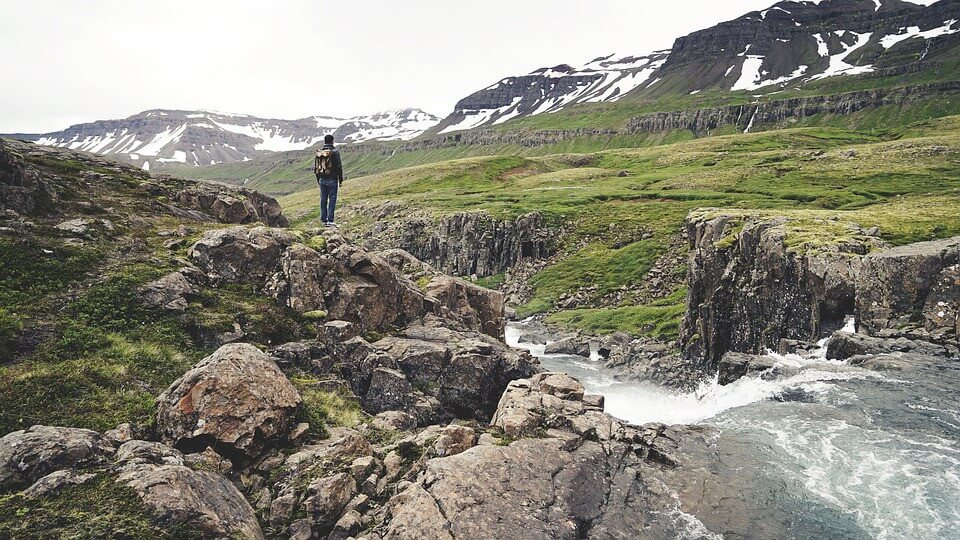 Though hiking can be a fun activity, it can also be one that is dangerous or even deadly. Specifically, in certain parts of the country, it is possible for outdoor enthusiasts to encounter mountain lions — as observed in a recent viral video. Surviving an encounter is only possible if one knows what to do and what not to do in this situation.
Though hiking can be a fun activity, it can also be one that is dangerous or even deadly. Specifically, in certain parts of the country, it is possible for outdoor enthusiasts to encounter mountain lions — as observed in a recent viral video. Surviving an encounter is only possible if one knows what to do and what not to do in this situation.
Mountain lions are known for being quiet, elusive animals; this means they can easily sneak up on someone and startle them. If being approached by a mountain lion, it is crucial not run away or even turn your back. These acts may make the animal think you are prey, and, since lions are used to hunting much faster animals like sheep and deer, they exhibit a clear physical advantage in this situation.
It is never advisable to try and outrun a mountain lion; they travel at up to 50 mph, making them nearly impossible to escape. Instead, hikers are advised to make noise and wave their hands in the air. This makes the animal think the person is bigger than them, causing them to back off. Most hikers use poles and these can be used to fend off an approaching mountain lion. Carrying an air horn is something that experts recommend hikers do. Blowing the horn may scare the animal away. Bear spray can also be used to chase them off.
In the unlikely event that a mountain lion does attack a hiker, he or she should fight back in any way possible. Any nearby object can be used to hit the lion. It is best to focus on their head but also hit them in the eyes. Bear spray can be applied to the animal’s face during a struggle. Those that end up behind a mountain lion may be able to suffocate it or choke it to death.
Many hikers are approached by mountain lions because they don’t know what to look for. The presence of any dead animal can be enough to summon a hungry lion. Spotting the animals that are typically their prey should put hikers on high alert for a mountain lion sighting. Any evidence of tracks or feces left by the animal means that the area could be unsafe.
